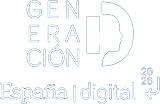31/08/2022
August 31, 2022.- Today is the last day to participate in the survey (anonymous) enabled by the UOC (Universitat Oberta de Catalunya), for the study of labor flexibility and teleworking. The questionnaire is open to all people who manage teams.
> Go to survey: https://uocuniwide.eu.qualtrics.com/jfe/form/SV_40mGN591DrDaZpA
This survey is part of the UOC’s Workingsmart project, with which DigitalES collaborates. The objective of this collaboration is to improve the understanding of possible barriers and levers in the implementation of telework in Spanish organizations. DigitalES has distributed a research questionnaire among its associates and will participate in the social dissemination of the results and conclusions obtained from it.
This collaboration is part of the WorkingSmart Erasmus+ project in which the UOC’s DigiBiz research group participates, within the Erasmus+ program funded by the European Commission. The project aims to train and empower a profile of a smart new manager/work advisor capable of dealing with resistance to change, inside and outside EU organizations. Not only resistance to technical change, but also to the social and cultural change that accompanies digital change, such as personal relationships.
During the project, a series of ICT-based training tools and resources will be developed to support the acquisition of digital and entrepreneurial competencies compliant with the EU DigComp and EntreComp frameworks, with a particular focus on problem solving. Junior professionals benefiting from this project will be trained to assist organizations in planning the smart working or smart working in a way that is flexible and fit for purpose, addressing organizational and labor issues, including GDPR compliance and performance measurement and management. This will incorporate measurable modifications in physical and daily work routines, as well as changes in established hierarchical and control relationships.
At the end of this learning and teaching experience of global smart work competency, the EU workforce, especially young professionals, will be better prepared and engaged to solve problems collaboratively, regardless of specific job levels.
Collaboration in the project
In addition to the survey mentioned above, the Workingsmart project seeks the participation of indirect beneficiaries (entrepreneurs, managers and executives, workers and independent professionals) at different stages of the project (focus group, pilot phase, multiplier events), in order to better manage their specific concerns and make the training more efficient.
Related information:










